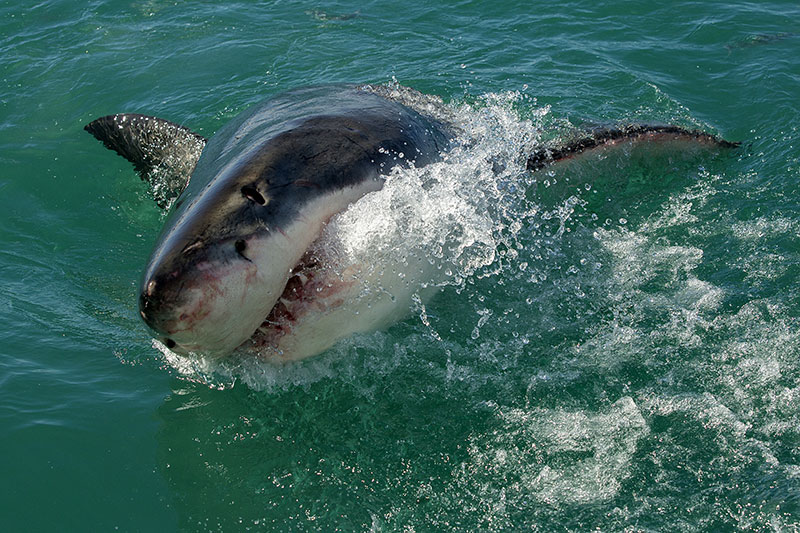Scientists have warned micro-plastics in the ocean and the toxic chemicals in them are posing a significant risk to giant animals like whales, sharks and manta rays that are marine filter feeders.

The scientific analysis published in the journal Trends in Ecology & Evolution said on Monday, February 5, 2018 that such animals swallowed thousands of cubic metres of seawater daily in an effort to capture plankton.
“In which case they can ingest micro-plastics directly from polluted water or indirectly through contaminated prey,’’ the scientific analysis revealed.
It said plastic-associated chemicals and pollutants can accumulate over decades and alter biological processes in the animals, leading to altered growth, development and reproduction, including reduced fertility.
“While a definitive connection between microplastic ingestion and toxin exposure for filter feeders remains to be confirmed, studies into seabirds and small fish have found a link,’’ Elitza Germanov, the lead researcher of the study, said.
The marine species are also in danger due to their habitat areas overlapping micro-plastic pollution hotspots like the Gulf of Mexico, the Mediterranean Sea, the Bay of Bengal and the Coral Triangle – an area from Malaysia to the Solomon Islands in the Pacific.
Report says micro-plastics are small plastic pieces less than five millimetres long, which are harmful to the marine life.
“Many of the animals, like manta rays, are threatened species, so, it is difficult to assess plastic concentrations via conventional methods such as stomach analysis.
“So, we are using the non-lethal sampling of small amounts of tissue which we are testing for chemical tracers using sophisticated and sensitive analytical tools,’’ Germanov said.
